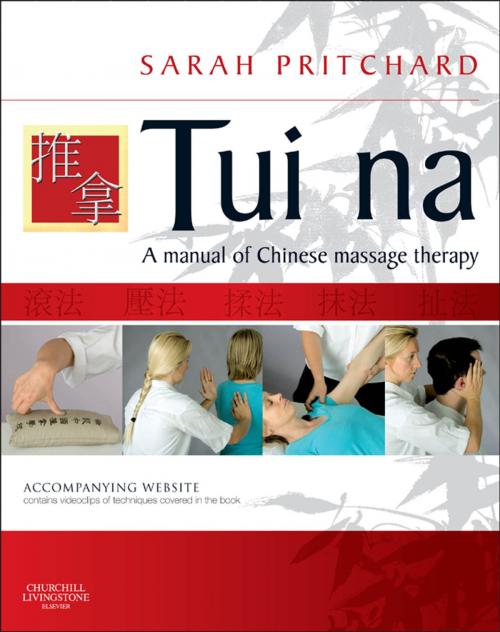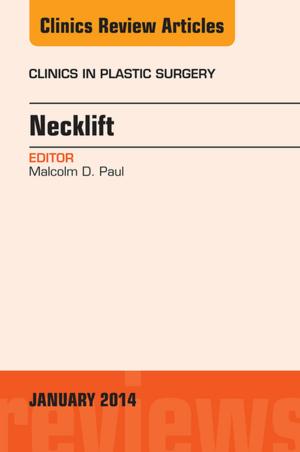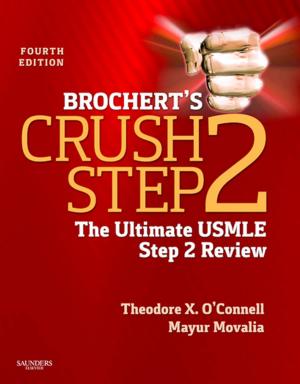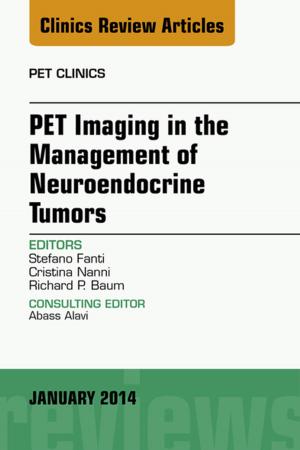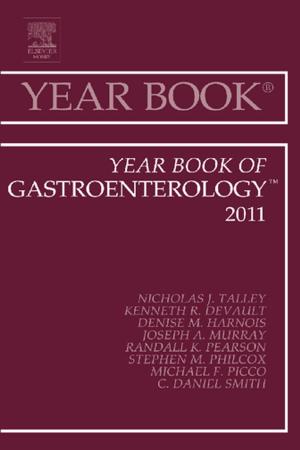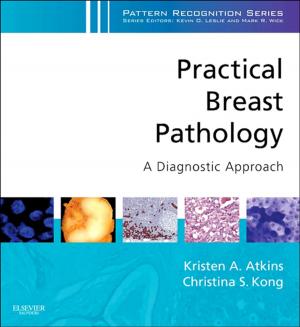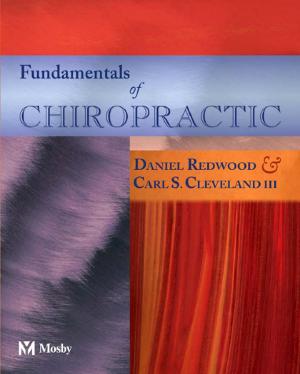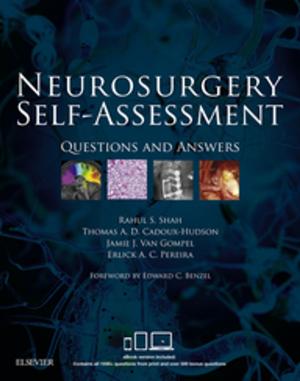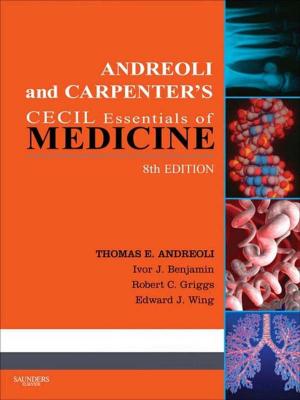Tui Na - E-Book
A manual of Chinese massage therapy
Nonfiction, Health & Well Being, Medical, Alternative & Holistic Medicine, Alternative Medicine, Religion & Spirituality, New Age| Author: | Sarah Pritchard, Dip Tui Na, Clin Cert Tui Na (Nanjing), LicAc, MBAcC | ISBN: | 9780702047909 |
| Publisher: | Elsevier Health Sciences | Publication: | May 20, 2010 |
| Imprint: | Churchill Livingstone | Language: | English |
| Author: | Sarah Pritchard, Dip Tui Na, Clin Cert Tui Na (Nanjing), LicAc, MBAcC |
| ISBN: | 9780702047909 |
| Publisher: | Elsevier Health Sciences |
| Publication: | May 20, 2010 |
| Imprint: | Churchill Livingstone |
| Language: | English |
Tui na: A manual of Chinese massage therapy is a comprehensive handbook for the 21st century student and practitioner of Tui na working in the West. The book describes the roots and development of Tui na, how it works therapeutically within the context of Chinese medicine and how to become an effective Tui na practitioner. It contains detailed descriptions of Tui na techniques, how to practice them, their clinical applications and therapeutic effects. Foundation area routines are provided to aid the development and fluidity of manual skills and to give an initial structure for building treatments.
The book has a unique approach to creating and planning Tui na treatments. Avoiding the prescriptive approach usually employed, Sarah Pritchard discusses the principles of practice and enables the student practitioner to make choices and formulate treatments by bringing together their knowledge and skills. Frameworks are provided, and techniques, methods and approaches suggested for presenting patterns of disharmony within the treatment of common ailments.
- Accompanying videos showing how to apply all the major techniques
- Over 120 photographs clearly illustrating the techniques
- The application of the ancillary therapies of cupping, gua sha and moxibustion
- The application of external herbal media
- ‘Tips for Practice’ easy reference to aid the learning of techniques
- Case histories illustrating the treatment of common clinical ailments
- Treatment foundation area routines
- Yin and yang styles of practice
- Combining Tui na and acupuncture in practice.
Tui na: A manual of Chinese massage therapy is a comprehensive handbook for the 21st century student and practitioner of Tui na working in the West. The book describes the roots and development of Tui na, how it works therapeutically within the context of Chinese medicine and how to become an effective Tui na practitioner. It contains detailed descriptions of Tui na techniques, how to practice them, their clinical applications and therapeutic effects. Foundation area routines are provided to aid the development and fluidity of manual skills and to give an initial structure for building treatments.
The book has a unique approach to creating and planning Tui na treatments. Avoiding the prescriptive approach usually employed, Sarah Pritchard discusses the principles of practice and enables the student practitioner to make choices and formulate treatments by bringing together their knowledge and skills. Frameworks are provided, and techniques, methods and approaches suggested for presenting patterns of disharmony within the treatment of common ailments.
- Accompanying videos showing how to apply all the major techniques
- Over 120 photographs clearly illustrating the techniques
- The application of the ancillary therapies of cupping, gua sha and moxibustion
- The application of external herbal media
- ‘Tips for Practice’ easy reference to aid the learning of techniques
- Case histories illustrating the treatment of common clinical ailments
- Treatment foundation area routines
- Yin and yang styles of practice
- Combining Tui na and acupuncture in practice.
